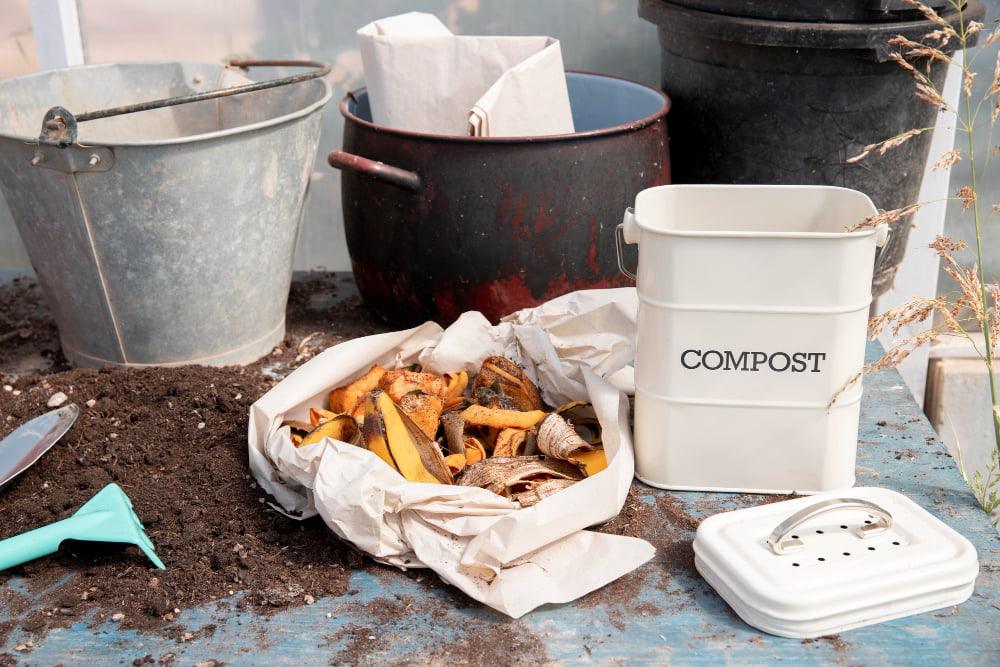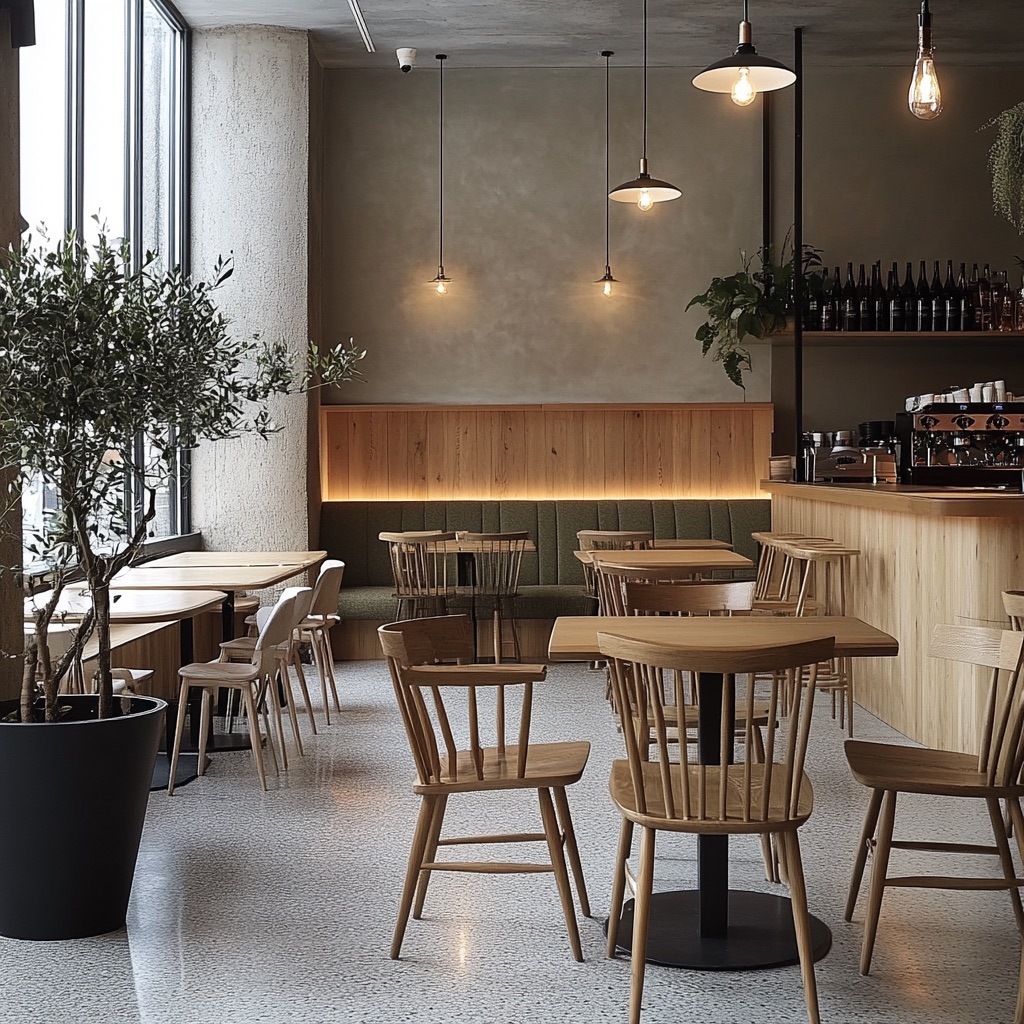Last updated on
Creating a healthy living environment is a holistic endeavor that encompasses various practices aimed at fostering well-being and harmony within our living spaces. From the removal of clutter to the incorporation of sustainable habits, each aspect contributes to a positive and nurturing atmosphere. In this guide, we’ll explore essential practices that can transform your living environment into a haven of health and vitality.
Junk Removal

An often overlooked but crucial aspect of maintaining a healthy living space is efficient junk removal. Clutter not only occupies physical space but can also affect mental well-being. Regularly assess your living areas and declutter by removing items that no longer serve a purpose.
This process not only enhances the aesthetic appeal of your space but also promotes better organization and reduces stress. Consider recycling or donating items that are still in good condition to contribute to a sustainable and responsible approach to junk removal.
Furthermore, if you find yourself amidst a clutter-clearing mission in Atlanta, a common question that arises is: “how much does junk removal cost in Atlanta?”, amongst others. Understanding the pricing dynamics in your local area is essential for efficient and budget-conscious decluttering.
Different junk removal services may offer varying rates based on factors such as the volume of items, type of materials, and additional services required. To get an accurate estimate tailored to your needs, it’s recommended to reach out to local junk removal companies in Atlanta, providing them with details about the scope of your project for a more precise cost assessment.
Indoor Air Quality
Indoor air quality significantly influences the health and comfort of your living environment. Take measures to enhance air circulation, such as opening windows for natural ventilation. Invest in air purifiers to reduce pollutants and allergens.
Regularly clean and replace air filters in heating and cooling systems. Additionally, incorporate indoor plants known for their air-purifying properties, such as spider plants or peace lilies, to naturally filter and improve the quality of the air you breathe.
Sustainable Practices

Adopting sustainable practices in your daily routines not only benefits the environment but also contributes to a healthier living space. Embrace energy-efficient appliances and lighting to reduce your carbon footprint. Practice water conservation by fixing leaks and using water-saving fixtures.
Consider composting organic waste to reduce the amount of garbage in landfills. By incorporating sustainable habits, you not only contribute to environmental well-being but also create a healthier living space for yourself and future generations.
Natural Light and Greenery
Maximizing natural light and incorporating greenery into your living space can have profound effects on your well-being. Exposure to natural light has been linked to improved mood, increased productivity, and better sleep.
Arrange furniture to allow sunlight to penetrate your rooms, and consider light-colored curtains that enable the passage of natural light. Introduce indoor plants to bring a touch of nature into your home. Plants not only enhance aesthetics but also contribute to improved air quality and a sense of well-being.
Mindful Cleaning Practices
Maintaining a clean living environment goes beyond surface-level tidiness. Adopt mindful cleaning practices that prioritize not only cleanliness but also health. Use eco-friendly cleaning products to minimize exposure to harmful chemicals. Regularly clean and disinfect high-touch surfaces to prevent the spread of germs.
Implement a cleaning schedule that includes overlooked areas, such as air vents, carpets, and upholstery. Mindful cleaning not only contributes to a visually appealing space but also creates a healthier and more hygienic living environment.
Proper Waste Management
Effective waste management is an essential practice for maintaining a healthy living environment. Ensure proper disposal of waste by following local recycling guidelines. Separate recyclables, compostable materials, and general waste to minimize environmental impact.
Dispose of hazardous materials according to regulations to prevent harm to both the environment and human health. Adopting responsible waste management practices not only contributes to a cleaner living space but also supports broader efforts towards sustainability.
Organized Storage Solutions
An organized living space fosters a sense of order and tranquility. Invest in practical storage solutions that help keep belongings in their designated places. Utilize storage bins, shelving units, and furniture with built-in storage to reduce visual clutter.
Regularly assess your storage needs and declutter items that are no longer necessary. Creating an organized and clutter-free environment promotes mental clarity, reduces stress, and enhances the overall livability of your space.
Incorporating essential practices for a healthy living environment involves a thoughtful and holistic approach to daily habits and space management. From efficient junk removal and improving indoor air quality to embracing sustainable practices, maximizing natural light, adopting mindful cleaning, practicing proper waste management, and organizing storage solutions – each aspect contributes to a harmonious and health-conscious living space.
By integrating these practices into your lifestyle, you not only enhance the quality of your immediate surroundings but also contribute to a broader culture of well-being and sustainability.
Recap:



